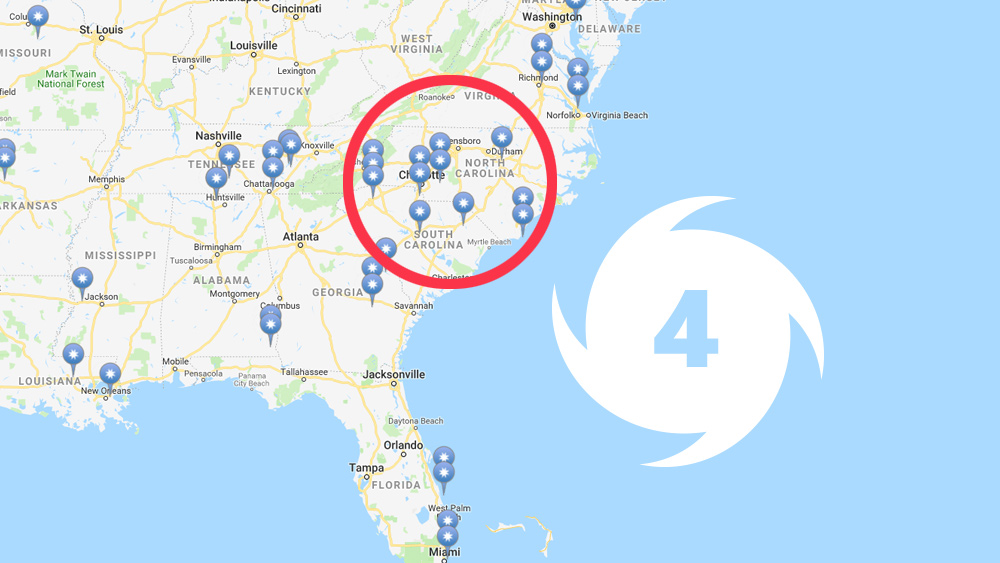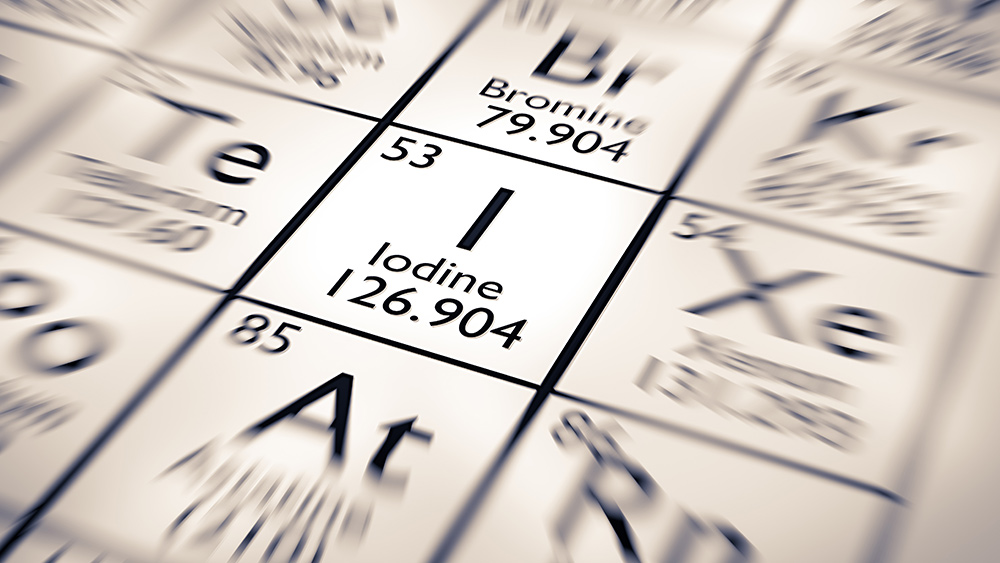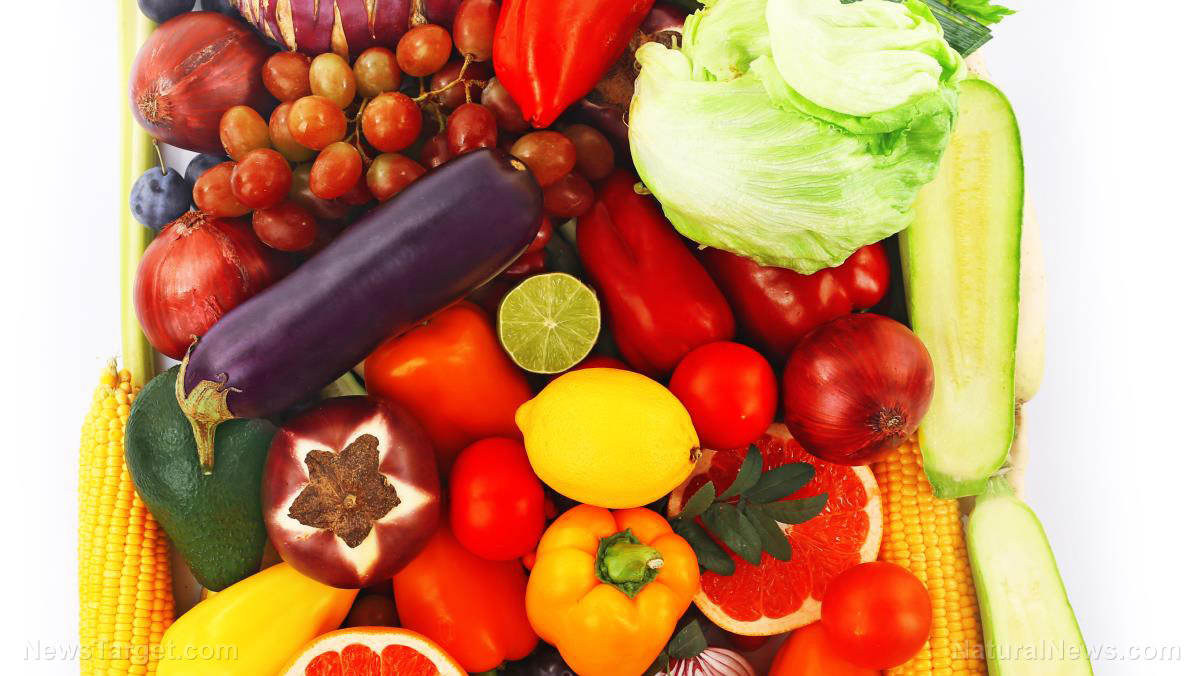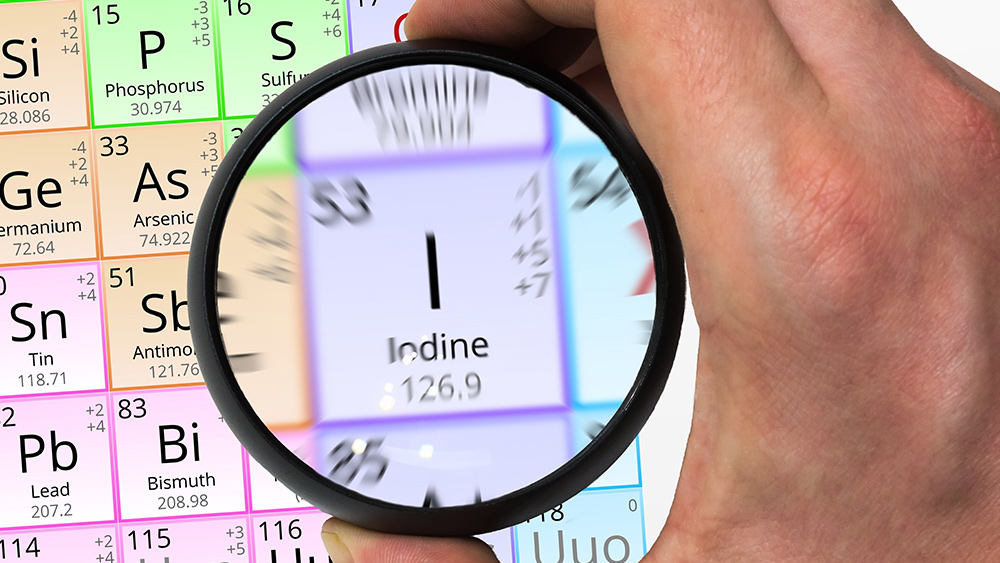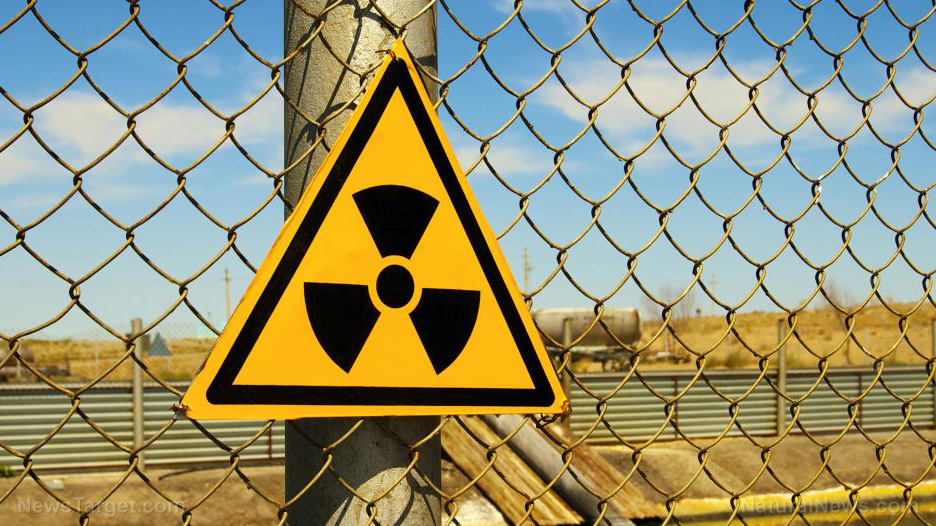Innovators combine popular religious symbol with essential iodine to solve widespread nutrient deficiency
12/08/2016 / By iodinenews
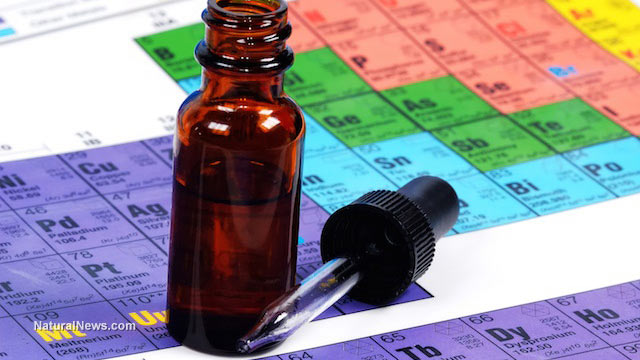
Idea makers from the Singaporean advertising agency Grey Group and the Neelvasant Medical Foundation and Research Centre in India have developed a new concept for addressing nutrient deficiency that combines the prevalence of a popular religious symbol with the discreet delivery method of transdermal supplementation.
You’ve probably seen them on many an Indian woman’s forehead – the ubiquitous bindi mark, or “dot,” that demarcates cultural heritage, religious affiliation, and in recent times popular fashion trends. And while the religious significance of the bindi dates back thousands of years, humanitarians have come up with another powerful use for it today: As a delivery tool for iodine supplementation.
Some 350 million Indians, according to reports, are at risk for iodine deficiency, which is the world’s leading cause of brain damage. Pregnant women who are iodine deficient are also at risk of bearing children with birth defects or having stillbirths.
Iodine deficiency is a growing problem, in other words, which is what prompted a team from Grey for Good, the philanthropic arm of the Grey Group, to develop what they’ve now dubbed as the “Life Saving Dot.” This revolutionary bindi has been coated in iodine, offering a tapered release of this essential mineral that’s is in short supply in many areas of the world.
Over the course of eight hours, each Life Saving Dot delivers up to 150 micrograms of iodine, the government recommended daily amount, directly through the skin. And a 30-day supply of Life Saving Dots is extremely affordable at just 10 rupees, or about 16 cents.
Since tens of millions of Indian women already affix bindis to their foreheads every day, the Life Saving Dot can be seamlessly integrated into one’s daily routine. And since it only contains iodine, there’s no risk of adverse events like with drugs or vaccines.
“Iodine deficiency disorder is a major nutritional problem and the Life Saving Dot is a simple, yet innovative preventive measure to a widespread problem in rural India,” says Ali Shabaz, chief creative officer of Grey Group Singapore.
“This program can be easily extended to reach a larger population of women in India who need this vital mineral for a healthier life.”
Iodine necessary to prevent hypothyroidism and resultant cascade of debilitating diseases
Iodine plays a critical role in regulating hormone production. The thyroid gland, which produces the hormones responsible for regulating energy levels and body weight, is dependent upon it for normal function. The thyroid gland produces two hormones in particular, triiodothyronine (T3) and thyroxine (T4), that are essential in human metabolism.
Under-active thyroid (hypothyroidism) has become a major problem in many parts of the world, especially as halogenic substances like fluoride in water and bromide in refined flour increasingly promote iodine deficiency. These substances do this by occupying key receptors in the thyroid gland that are meant for iodine, inhibiting energy production and eventually triggering a host of debilitating health conditions.
“Approximately 70 percent of the body’s iodine is stored in the thyroid, following next by breast tissues, with the remainder distributed throughout every cell of the body,” explains Dr. Max Stanley Chartrand, Ph.D.
“Without adequate levels of iodine to meet the needs of the body, serious health issues develop over time … (including) a rise in learning disabilities and mental retardation in children, and breast cancer, obesity, fatigue, and a host of thyroid diseases among adults.”
To learn more about iodine deficiency and how to avoid or correct it, check out this powerful information piece by the Life Extension Foundation entitled The Silent Epidemic of Iodine Deficiency: http://www.lef.org
Sources:
http://grey.com/apac/news/key/life-saving-dot/id/5131/
http://www.upworthy.com
http://magazine.good.is
http://drmaxchartrand.org/iodine.html
http://www.lef.org
Tagged Under: Indian women, iodine deficiency, Life Saving Dot




